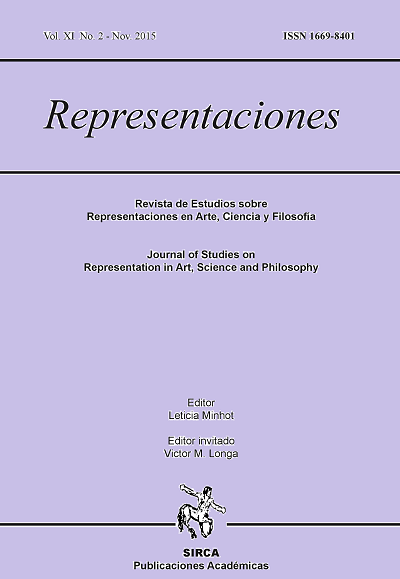On prescriptivism and ideology
Palabras clave:
Prescriptivo, Descriptivo, Ideología, Lengua estándar, Variación, Prescriptive, Descriptive, Ideology, Standard language, VariationResumen
Este artículo analiza el enfoque prescriptivo sobre el uso del lenguaje en lo que respecta a su relación con la ideología, ayer y hoy. Antes de Saussure, los prescriptivistas formularon reglas desde una perspectiva instrumental, que consideraba el lenguaje formal como medio de persuadir, tomando prestada en parte parte la autoridad de fuentes prestigiosas. Actualmente se puede tomar esta visión como una ideología, y mediante el análisis de los componentes mentales de la ideología sostenemos que el enfoque prescriptivo moderno sobre el lenguaje apela a una visión jerárquica de la sociedad, y por tanto, del lenguaje. Esta visión se opone a la más reciente ideología de la igualdad, por lo que los procesos actuales de estandarización necesitan entenderse con respecto a este conflicto. Sostenemos también que, al tomar el estándar como modelo, la lingüística ‘descriptiva’ moderna corre el riesgo de contaminarse del prescriptivismo.
In this article we explore the prescriptive approach to language use in its relation to ideology, past and present. Before Saussure, prescriptivists formulated rules from an instrumental perspective, which saw formal language as a means to persuade, partly by borrowing authority from august sources. We can now see this view as an ideology, and by analysing the mental components of ideology further we argue that the modern prescriptive approach to language appeals to a hierarchical view of society, and hence of language. This view is in conflict with the more recent ideology of equality, and contemporary processes of standardisation need to be understood by reference to this conflict. We argue at the same time that modern ‘descriptive’ linguistics, by taking the standard as its model, risks contamination from prescriptivism.

